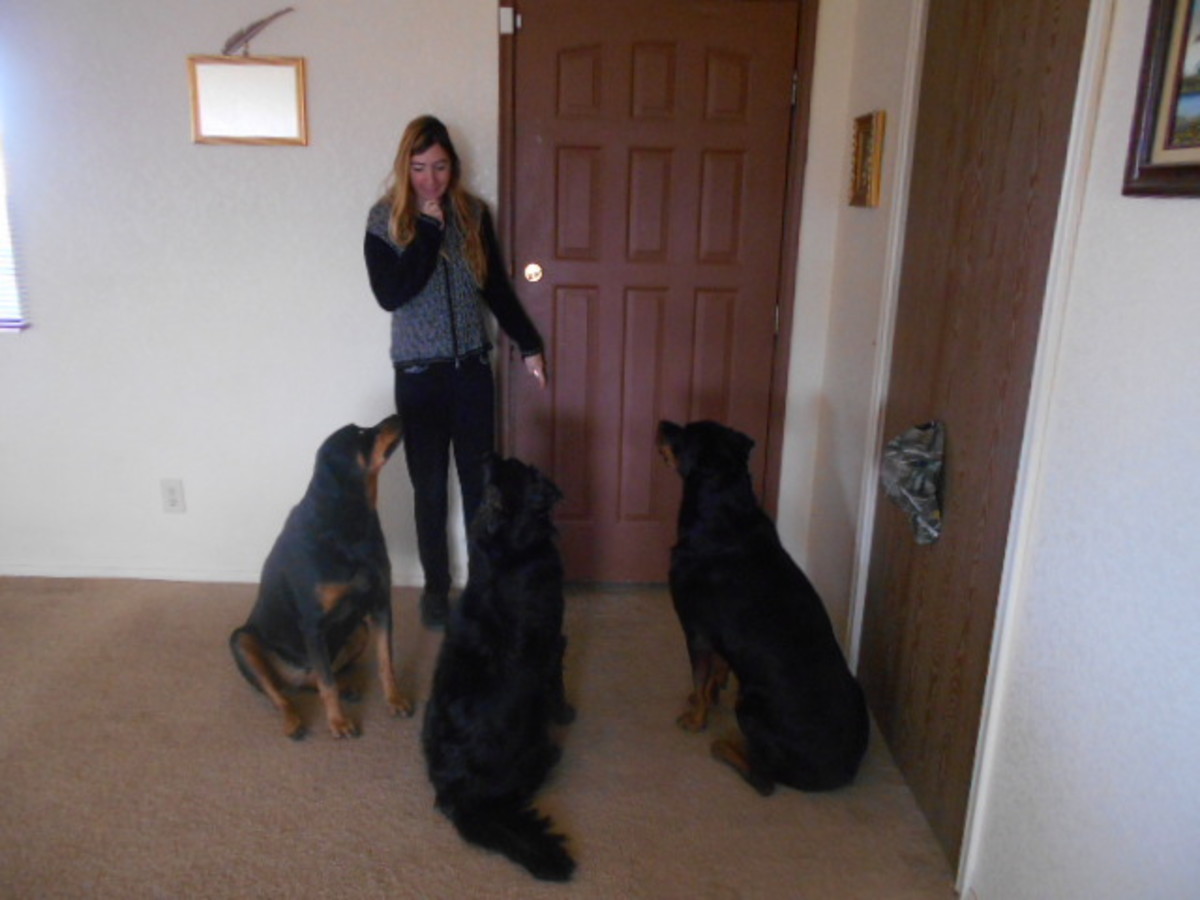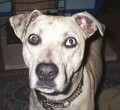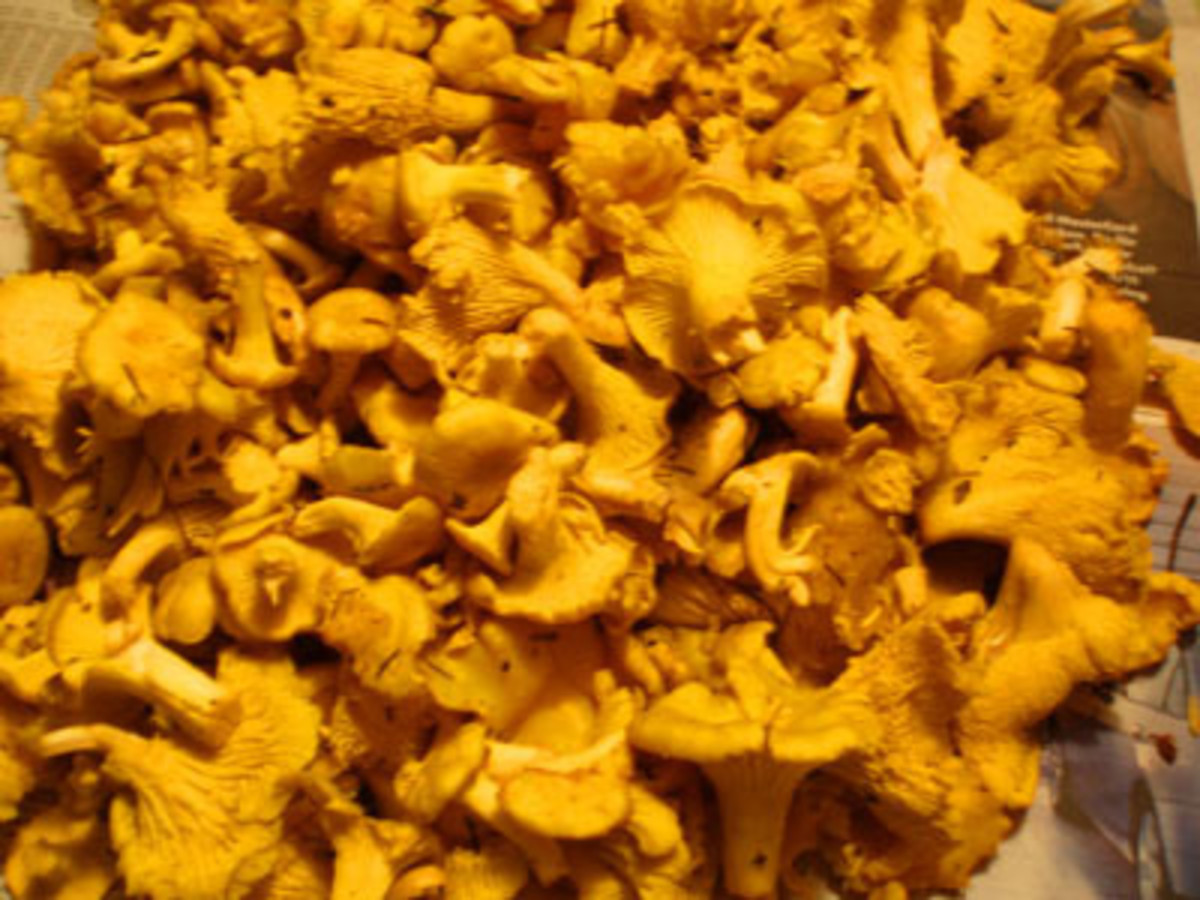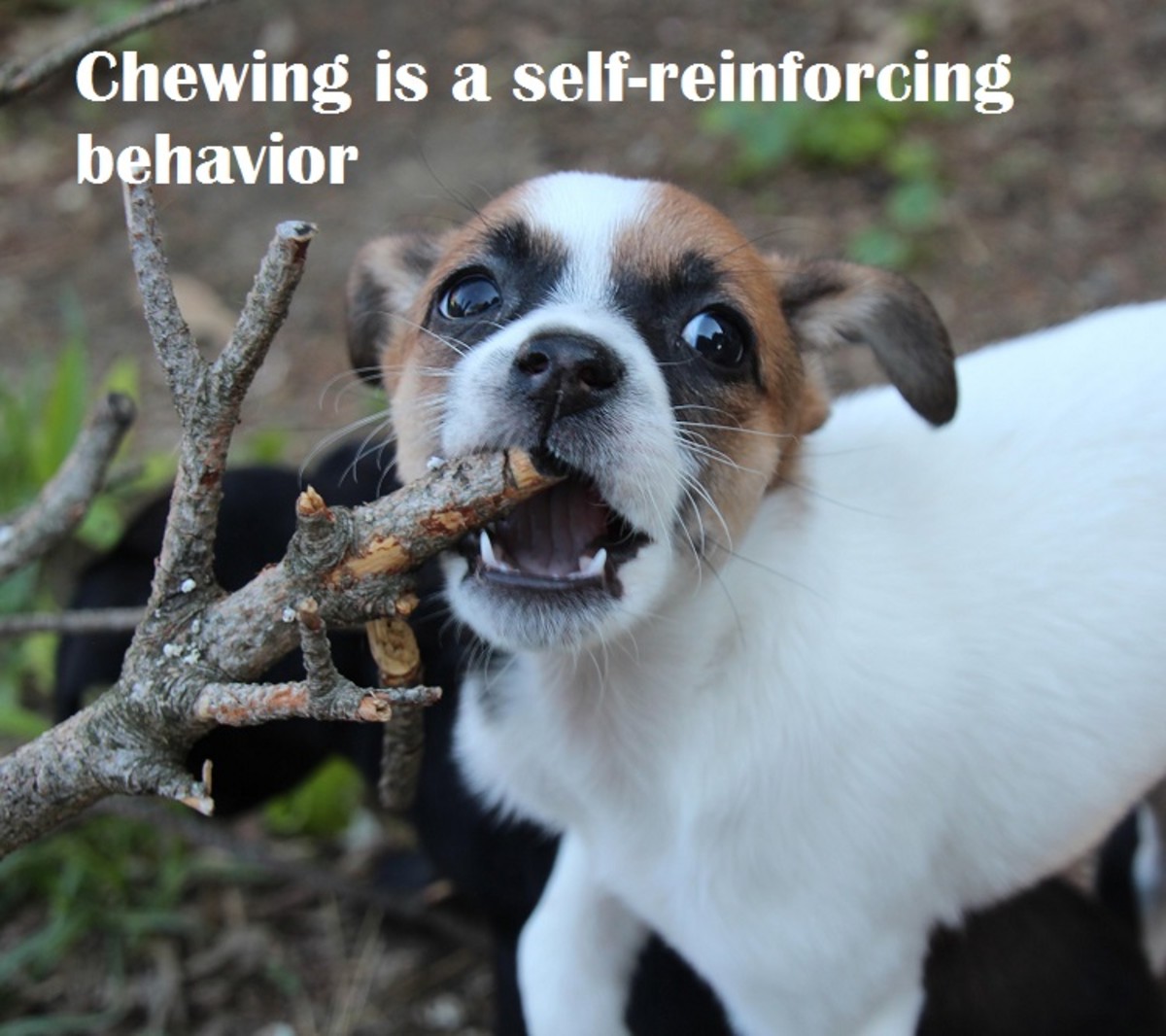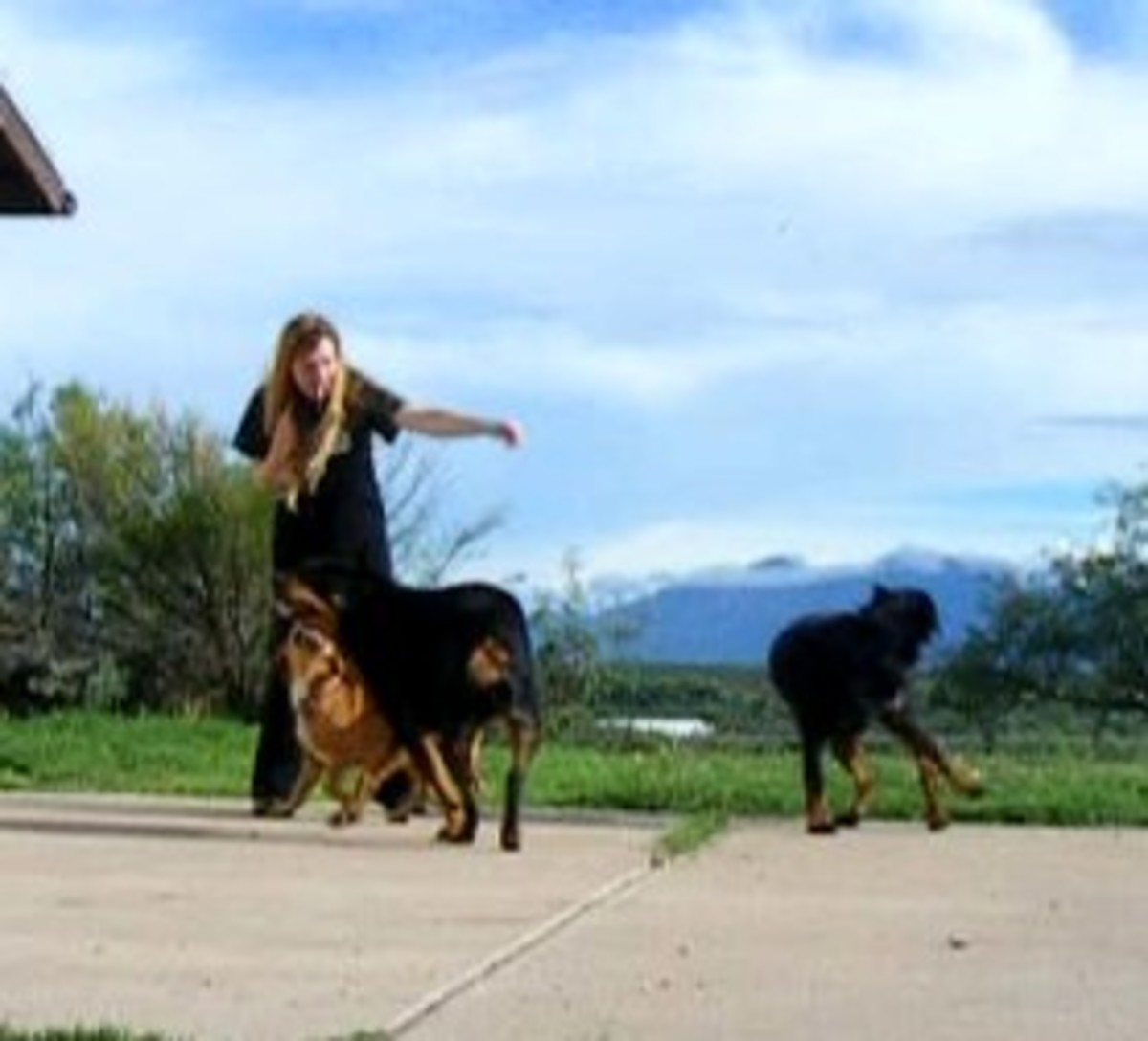- HubPages»
- Pets and Animals»
- Dogs & Dog Breeds»
- Dog Training
Housetraining and Teaching Older Dogs - How to Train an Adult Dog
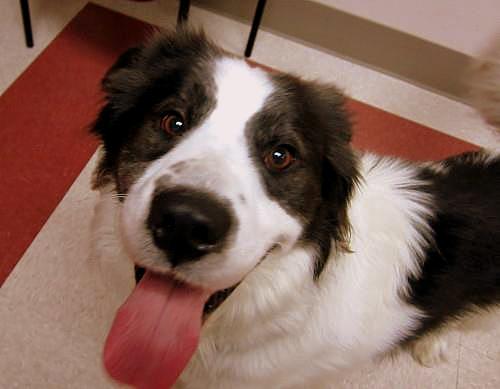
Be Consistent Be Firm Be Kind
Housebreaking a dog can be a very difficult and frustrating aspect of owning a pet. When it comes to an older dog, housebreaking is even more challenging because it may take longer that to house train a puppy. Expect housebreaking to take a few weeks or months. Patience is key.
A well trained dog can be taught to go outside on command. Take them to the same area they have gone before and that will help them go on cue.
Consistency is key to train your dog and to keep your dog trained. Without consistency, they may go back to their old habits at any time.
Do not expect your dog to hold back from going to the bathroom for an unreasonable amount of time. Even a well trained housebroked dog can only hold it in for so long.
Basically your dog wants to please you and it is up to you to teach them what you expect of them. Have patience and your dog will learn to go where and when you want them to.
Dogs Are Creatures of Habit
Set up a regular routine because dogs are creatures of habits too.
Every time your dog goes outside, praise them and reward them immediately. By rewarding them outdoors they will learn that is what you want them to do.
Take your dog on a leash to the spot you want them to go. Take them for a walk and play with them, only after they have done their business in the spot you want to go.
While your dog is making outside use one word and praise them so that they will associate this word with what they are doing.
Feed your dog whether it is once or twice at the same time every day so they will go on a more regular and dependable time schedule.After you feed your dog.take them outside 15 minutes to a half an hour after they have eaten.
Watch Your Dog for Successful Housetraining
Walk your dog on a regular schedule. Be sure to let them out the first thing in the morning, and the last thing before you go to bed, and before you leave the house. Dogs who are housebroken should be given the opportunity to go outside at least 4 times per day.
Keep a close watch on your dog when they are in the house so that you can catch them before they have an accident. Look for signs that may show you they are thinking of going to the bathroom such as:
- pacing
- whining
- circling
- sniffing
- arching their back
- scratching at the door
- squatting
- leaving the room
Watch your dog closely to avoid giving them any opportunities to soil inside the house.
A crate or baby gates to cordon off a room is helpful.
If you are not able to watch your dog, this is when crating may be necessary. The crate should only be large enough for your dog to lay down, so that they will be uncomfortable eliminating where they sleep.
A crate or confined area with baby gates needs to be just large enough to allow them to stand, lay down, and turn around, even though it may be tight. When you let them out of the crate or confined area take them outside immediately.
Clean with Enzymatic Cleansers
Dogs like humans, make mistakes and will inevidably have an accident at some point.
Should you catch your dog in the middle of soiling inside, interupt your dog immediately without frightening them, so they will stop what they are doing and you will have the opportunity to take them outside. Once they take their business outside, praise them and give them a treat so they will get the idea of what pleases you.
It is best not to punish your dog after you have found their deposits in the house. For a dog, anything that happens in the past, even minutes before, has no association to anything they have done. Punishment only works while in the act or seconds after that.
Any dog needs time to develop good bladder and bowel control. By nature, they have no reason to hold it in and will eliminate whenever they have the urge.
Any and all accidents a dog has, is not the dog’s fault, it is your failure of not watching them closely enough. That is why the crate is so important. A dog will naturally want to keep their sleeping area clean.
Successful housetraining depends on your diligence, proper discipline, proper rewards, patience, and calmness on your part.
When you take your dog out you will see whether they have urinated or defecated or both. After a few days, you will learn how many times a day your dog needs to go out. Frequency also changes with ages, changes in diet, illness, and changes in schedule.
The best thing to do is clean accident with an enzymatic cleanser specifically created to sanitize eliminate the odor of pet urine that make prompt your pet to continually make in the same spot.
Use Positive Reinforcement
Dogs can smell things we can’t. Vinegar works well on fresh spots. Bacterial enzymes odor elimators works well on fresh or older soiled areas. Never use ammonia, for many reasons, but the most compelling reason is that this product will signal the dog to do it again in the spot the ammonia is used. Your dog’s nose carries a tremendous amount of information and decision processing, including where they choose to go to the bathroom. Cleaning and sanitizing the are will help remove the scent the dog still smells, even if we don’t smell it. Use an enzyme that specifically removes urine to so the keen sense of smell that a dog has can’t smell the urine anymore. Bacterial enzyme products need to soak in well so that the active enzymes can eliminate the slightest odor that a dog may pick up. Sometimes the product may need to be put down again until the odor is completely gone to the highly sensitive smells that dogs are gifted with. These enzymes digest the odor in the waste so the dog can’t smell it anymore.
Your dog will not understand punishment for accidents they have had in the house. Communication with a simple consistent word is important to teach your dog to go outside.
- make sure there are no medical issues that could be causing the pup to have accidents in the house
- believe that your dog, no matter how old will learn this trick
- be diligent and persistent, knowing that repetition is the key
- feed your dog at regular intervals, twice a day. If you leave the food out, your dog will eliminate at random times.
- feed your dog a quality food. Better ingredients mean your dog will not poop as often.
- take your dog out 15 to 30 minutes after your dog eats
- be patient, consistent, and make sure you have your dog’s attention
- use a firm voice when telling them commands
- set up a routine and stick to it from the morning when you wake up to the night right before you go to bed
- look for signs when you dog needs to go outside - in the beginning it will be more often than as your dog learns to go outside
- keep your dog confined to a crate or a small area because dogs are less likely to soil the area where they sleep
- use vinegar and an enzyme to clean the area so there is no residue or odor the dog’s superior sense of smell can pick up
- take your dog outside where they have gone before
- use the same word every time - consistency is the best way to teach
- long after your do is house trained, keep sticking to a schedule so the dog understands what you expect of them.
- take your dog for long walks at least once a day to release excess energy - a dog can have an accident due to anxiety, pent up energy, and boredom.
The most important thing to understand when teaching your dog anything is to use positive reinforcement. Your greatest success in correcting and disciplining your dog will come from the use of positive praise, good techniques and the proper strategies. .
No Need to Paper Train First
Teach your dog to tell you when they want to go out. When you take your dog out, reward them with praise and treats and by playing with them. That way they will get the idea through positive training what you makes you pleased with them. It is not necessary to scream at your dog in order to train them.
Take your dog in the same are each time so the smell can remind them to do their business.
If you catch your dog in the middle of doing something, clap to startle your dog. By startling them in the middle like this, your dog will immediately hold back what they were doing and you can take them outside. After they finish it outside, reward them. If you discover an accident after it is happened, do nothing. Dogs will not make the connection if you try to punish them with anything they have done in the past minutes or hours previously.
Paper training is a less desirable method of training a dog as it sometimes causes confusion for them. It is a good practice if you have problems getting around or a dog who does not want to go outside. To paper train a dog or use pads, the easiest way to do this is to take them by the leash right from the crate to the pad or paper. Reward them for eliminating where you want them to go. It is a good idea to make the area large enough so your dog does not miss the papered, padded area. If you want to get them to eliminate outdoors from the paper training, keep moving the pads towards the door and then out the door to give them an idea of what you wan them to do.
Crating Your Dog May Be an Option
A dog is considered housebroken, if they can be in the house up to eight hours without an accident.
- An adult dog will take longer to train than a puppy. It may take several weeks to successfully housebreak an older dog.
- Understand that your dog wants to please you, so it is important for you to have a routine and stick to it. You must have regular daily routines so your dog will get the idea of what you want him to do.
- In the beginning you make take your dog out 30 times a day because everything may look like a sign that they have to go to the bathroom.
- When your dog is not supervised, let them stay in a confined area like a dog crate or a bathroom. Dogs are lees likely to leave deposits where they sleep.
- Make sure you clean the area very wel, dogs will go in the same place they have gone before.
- Consistency is important.
- When the dog does go outside, be sure to praise them, give them a small treat, so they learn to associate their good behavior.
- Have a key word they understand, like go potty or go outside. Just keep it short and simple for the dog’s sake.
- Don’t feed your dog late at night, they may not hold it in until the morning.
- Look for cues that your dog is trying to tell you they want to go outside.
- Take your dog to the same area outside so that associate that area as their bathroom.
- Never use physical force to punish your dog. They can’t relate to people’s anger or frustration. Be calm, show them love, praise, and patience. Training will be more successful and everyone will feel happier for it.
- Remember, it takes time for them to develop bowel and bladder control.
- It is never the dog’s fault, it always has to do with how well you supervise them and how well you pick up on their cues.
- Vinegar works well to clean fresh spots. Bacterial enzymes such as Nature’s Miracle are effective in getting rid of the odor that dogs can still smell. Disinfectants and deodorants do not remove the smell dogs can still pick up. Never use ammonia, because that will actually attract the dog to the spot.
- Dogs respond very well to schedules. Dogs usually need to go after they eat, drink, play and sleep. They will form good habits when you train them properly. They only want to please you.
Dogs, by nature will generally eliminate in areas that are not near where they play, sleep, or eat.
Crating or confining the dog may be necessary to help train them to not make all over the house and to hold it in. Although it is preferable to keep crating to a minimum. For the short term, house training is time consuming and takes a great amount of effort. For the bigger picture, it is beneficial for your family and your dog.
Reward Your Dog for Doing the Right Things
Some dogs will start to eliminate in the house after a major change happens. If this happens, keep the dog wardened off to a smaller area and restrict their access to the areas they have soiled. If your dog is going where you don’t want them to go, place treats in that area so they will start to associate the soiled area with areas for food. Use double sided sticky tape or a vinyl carpet runner that is turned upside down to make it unpleasant for the dog to walk in that area.
Never rub your dog’s nose in their waste. Don’t scold them, or hit them for doing the wrong thing. Reward them for doing the right thing.
Dogs can have accidents due to medical problems such as urinary tract infections, prostate issues, incontinence due to hormones, problems related to neurological issues, hip problems, pain when squatting, and problems related to brain function, parasites, diabetes, and other issues. It is always a good idea to take your older dog to the veternarian to make sure they get checked thoroughly checked out.
Neutered dogs will do better at housebreaking than non neutered dogs.
Fresh spots can be treated with white vinegar. This will neutralize the scent, but only if it used quickly. Vinegar is a good deterrent for dogs so they don’t mark the spot again. Otherwise the enzymatic cleanser described above is a good choice
Your veterinarian can recommend a trainor who help you housebreak your dog if you feel you can not do it yourself. A housetrained dog is a happy dog.
Dogs are creatures of habit. Keeping your dog on a schedule will help them learn what you want them to do.
You can start training your dog by taking them outside a least once every hour.
Dogs usually need to relieve themselves in the morning, after they eat and drink, after they wake up, when they get out of the crate, and after playing. Withing 15 minutes of eating or drinking, take your dog outside.
A Housetrained Dog is a Happy Dog
The idea in housebreaking your dog is to reduce the opportunites for accidents in the house and increasing their opportunites to go in the appropriate places.
It is important to develop good habits, as bad habits are harder to break.
Avoid putting your dog’s noise in the soiled area. Hitting, shaking, and punishing your dog will confuse and frighten them. The only thing they may learn from this punishment is not to relieve themselves in front of you. It doesn’t teach them to go outside, where you wan them to go. A dog doesn’t know they have done anything wrong.
Dogs can have accidents due to medical issues, due to submissive-excitement urination, marking their territory, separation anxiety, incomplete housebreaking, and from phobias and fears.
Successful housebreaking is hard work. There are no shortcuts and no quick fixes. Help your dog please you by taking the time to teach them what you want them to do. Your dog wants to please you, and you can make this possible. The time you take now to train your dog will be returned to you in the form of great pleasure and joy for years to come - an investment well worth your energy.






